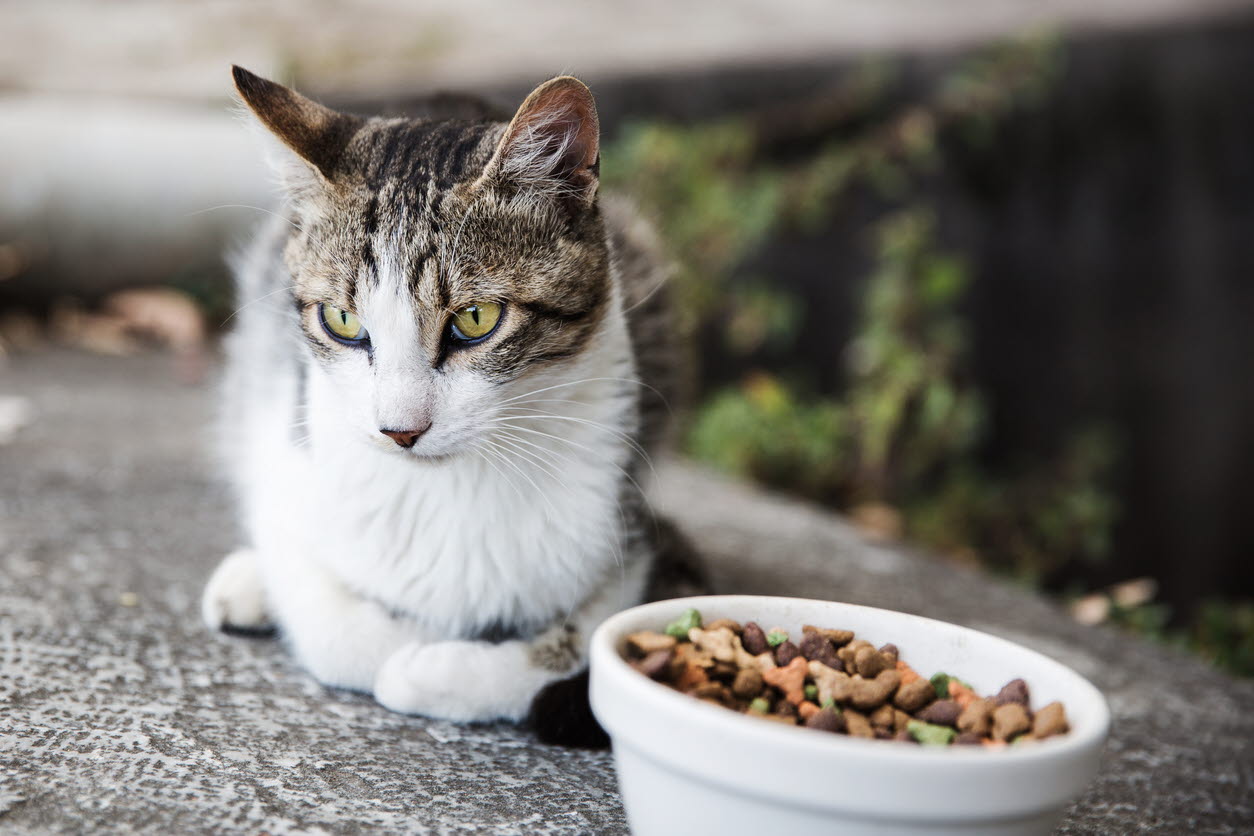Probiotics in pets

There is an abundant amount of scientific evidence supporting the use of probiotics in humans, but what about our pets? Can pets take probiotics and will they help your pet?
Research into the benefits of probiotics in pets is currently underway in the veterinary field. While the definitive data is not yet available, the use of probiotics may be beneficial when it comes to improving your pet’s gut health and subsequently, their immune system.
What are probiotics?
The World Health Organization (WHO) defines probiotics as “live microorganisms, which, when administered in adequate amounts, confer a health benefit on the host.”
There are species-specific bacteria in an animal’s gastrointestinal tract, so it’s essential to use a probiotic product specific to your pet. Probiotics are generally delivered as a powder and added to your pet’s food.
How can a probiotic help my pet?
When given at a high enough dose, these ‘good’ bacteria can help improve the function of a pet’s gastrointestinal tract. They may also help exclude harmful bacteria such as E.coli and can aid in the recovery of gut dysfunction, as well as conditions such as diarrhoea.
Probiotics can help establish the microflora of immature gastrointestinal tracts of puppies and kittens. They may also assist in delivering nutrients, including amino acids, vitamins and minerals that are essential to the health of an animal.
When should I consider a probiotic for my pet?
There is no harm using probiotics regularly, but one of the indications for their use is to follow a course of antibiotics. The antibiotic may have killed off the ‘good’ bacteria in your pet’s gut, so it can be beneficial to use a probiotic to help reestablish the balance.
Diarrhoea and flatulence can also be an indication that something isn’t right in your pet’s gastrointestinal system. Sometimes, the use of probiotics for dogs with diarrhoea is indicated. You should always arrange a check-up for your pet with your veterinarian to investigate all of the many causes of diarrhoea in your pet before you administer a probiotic.
It’s important to be aware that a premium quality diet, as recommended by your veterinarian, is essential to help ‘good’ bacteria thrive. Premium quality diets that are balanced and complete contain ingredients such as high-quality fibre and carbohydrates, which can help support and feed good bacteria.
It’s important to note that probiotics are, in most countries, considered food supplements, and this means that their manufacturing is not well regulated. Unfortunately, some studies have found that some products do not contain any live bacteria at all and some may even contain harmful bacteria.
Your local veterinarian is always available to help and offer advice and will be able to recommend a safe probiotic for your pet if necessary. If you have any questions, please ask your veterinarian for the most up to date information.
